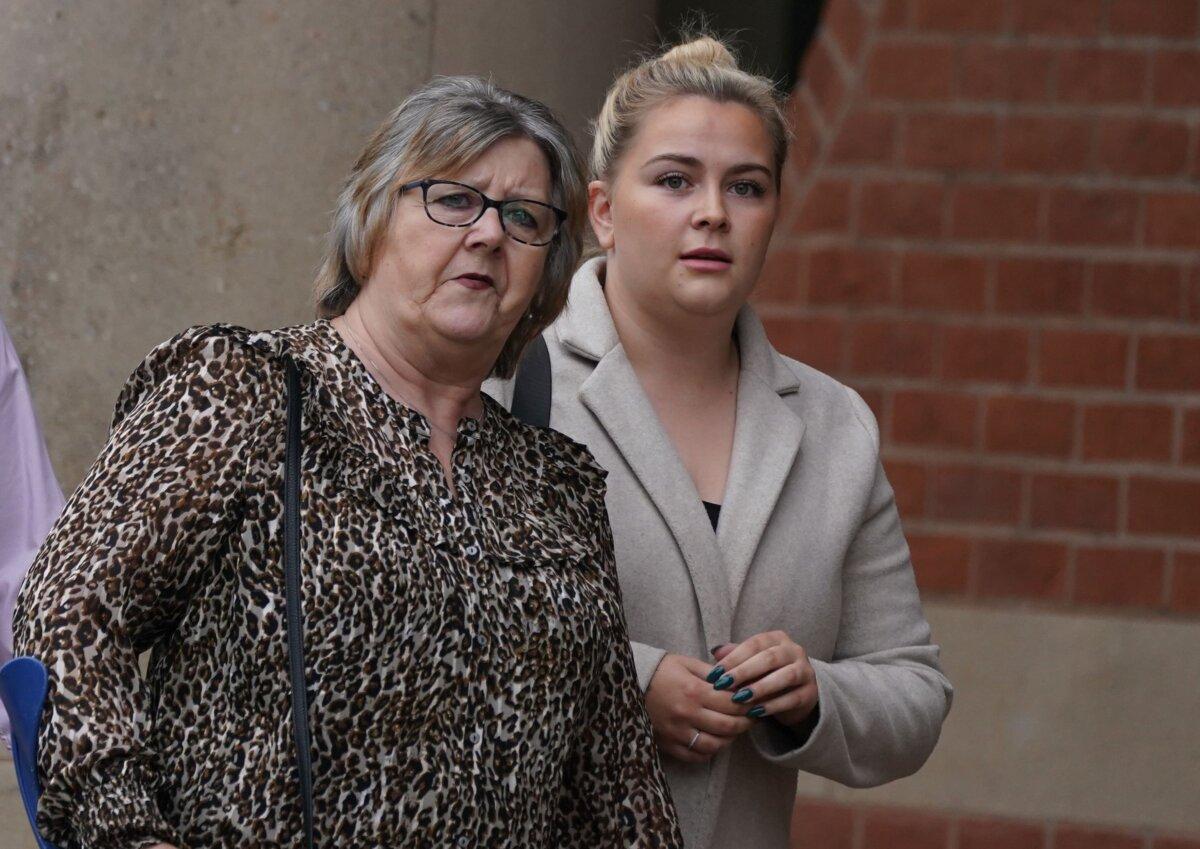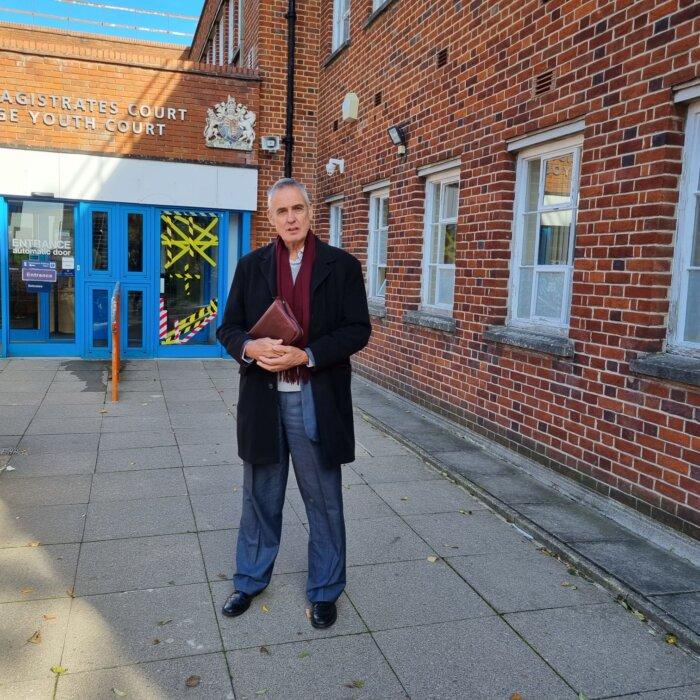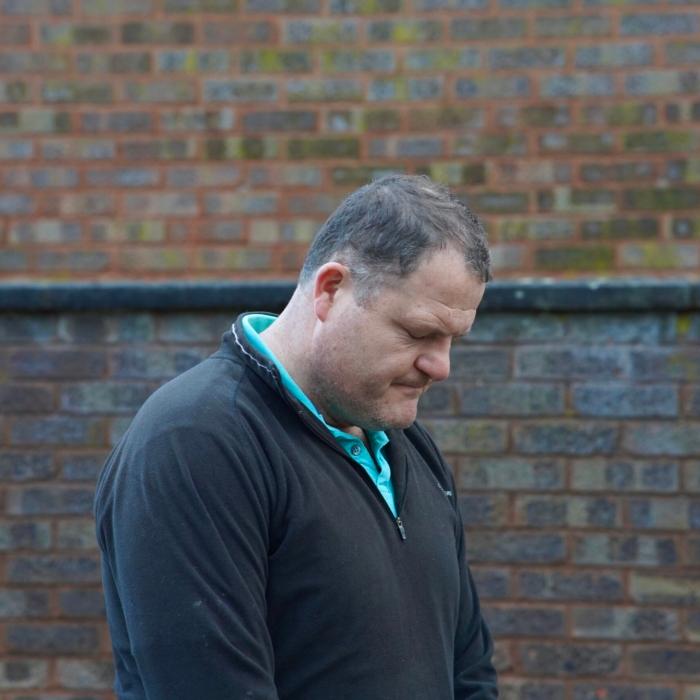The Royal College of Obstetricians and Gynaecologists (RCOG) and three other groups have urged doctors and nurses not to tip off the police if they suspect a woman has given herself an illegal abortion.
The RCOG issued a statement on Monday in which it said, “The college is concerned at the increasing number of police investigations following later gestation abortion and pregnancy loss, and the impact this can have on women, who may be especially vulnerable and have suffered the distress of a later stage loss.”
It went on to say, “The RCOG and the FSRH [Faculty of Sexual and Reproductive Healthcare] have stated that it is never in the public interest to investigate a patient who is suspected of ending their own pregnancy, a view endorsed by over 60 organisations and professionals.”
The RCOG, the FSRH, the Faculty of Public Health, and the British Society of Abortion Care Providers said health care workers should “maintain patient confidentiality” even if the law has been broken.
Earlier this month the Crown Prosecution Service (CPS) dropped charges against Bethany Cox, 22, who had denied “taking a drug with intent to destroy the life of a child that was capable of being born alive in the knowledge it would lead to the termination of the pregnancy.”
Prosecution ‘Beyond Regrettable’
Her lawyer, Nicholas Lumley, KC, told Teesside Crown Court it was shameful the case against Ms. Cox had gone so far and he said: “The prosecution now accept what she said to the police must have been right. That is beyond regrettable.”Carla Foster was jailed last year for illegally obtaining abortion tablets to end her pregnancy, but her sentence was reduced on appeal from 28 to 14 months.
Foster, 45, obtained abortion pills in May 2020—at the height of the COVID-19 pandemic—by lying to the British Pregnancy Advisory Service about only being seven weeks pregnant, when she was in fact 24 weeks pregnant.
The tablets were sent to her in the post and on May 11, 2020 her daughter, Lily, was stillborn.
When she was originally sentenced, the judge Mr. Justice Pepperall said she was “plagued by nightmares and flashbacks to seeing your dead child’s face.”
In the wake of the Foster case, an open letter from the RCOG, FSRH, and the Royal College of Midwives warned imprisoning her could put other heavily pregnant women off from seeking medical care or being honest with health professionals.

Doctors are required to ask for consent before sharing any confidential medical information.
They sometimes notify police if they suspect a patient has suffered physical or sexual abuse or if female genital mutilation is suspected.
Medics are also advised to share information “if failure to do so may expose others to a risk of death or serious harm.”
Catherine Robinson, a spokesperson for Right To Life UK, told The Epoch Times in an email: “It is deeply inappropriate for the RCOG to usurp Parliament by issuing guidance related to criminal investigations. Where a crime is suspected of being committed, it is the role of the legal system to determine whether or not a crime took place and whether or not it is in the public interest to prosecute.”
Ms. Robinson added: “This guidance is also especially alarming in regard to instances of coerced abortions. Illegal abortions can occur as a result of abuse, coercion or sex trafficking. This new guidance appears to create a presumption against disclosing information about illegal abortions to the police, and this could leave vulnerable women in these situations being denied the protection of the law.”
A CPS spokesman said: “These exceptionally rare cases are complex and traumatic. We carefully consider the personal circumstances of those who end their pregnancy outside the legal parameters and address these as sensitively as possible.”
“Our prosecutors have a duty to ensure that laws set by Parliament are properly considered and applied when making difficult charging decisions,” the CPS added.
A government spokesman said: “We understand this is an extremely sensitive issue and we recognise the strongly held views on all sides of the discussion. That is why, by longstanding convention, any change to the law in this area would be a matter of conscience for individual MPs rather than the government.”







